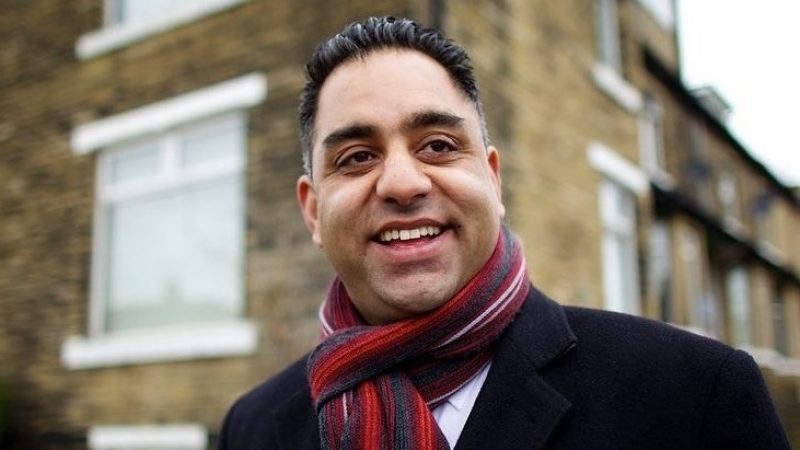
Despite considerable progress made in the 50-plus years since the first International Day to End Racial Discrimination and in the 12 years since the passage of the Equality Act 2010, people from ethnic minority backgrounds sadly continue to face widespread discrimination in this country.
Whilst much of the focus is rightly on the discrimination that they face out in public, in the criminal justice system or in healthcare, we cannot however overlook the discrimination that those from ethnic minority communities face at work.
Such discrimination takes many different forms, from blatant bullying and harassment, which must always be called out and always prosecuted, to unconscious biases that hold them back from promotion, see them working fewer hours or leave them earning less than their colleagues.
Even my city of Bradford – one of the most open, diverse and welcoming cities in the country – is not immune to it. I have seen first-hand people from a BME background being well represented as a whole in the workplace and accurately representing our diversity, but woefully underrepresented in the senior positions where responsibility is centred and where major decisions get made.
Underemployment and insecure employment in particular are also rife amongst BME people – and especially so amongst BME women, who are twice as likely to be on insecure zero-hours contracts compared to white men. This leaves more than half of BME workers reporting that they struggle to manage household finances, even before the soaring cost of living began to bite, because of insufficient hours.
The lack of progress being made by the government on both of these issues, either in creating a national plan to help promote BME workers from the shop floor to management or in outlawing exploitative zero-hour contracts, is appalling. But it is on the disparities in pay where the government bears the greatest burden of guilt.
According to the latest estimates from the Office for National Statistics, there is a wide variation in the ethnicity pay gap across the country, growing to as large as 24% in London, which sees people from BME backgrounds earn less than their colleagues. Yet, despite numerous warnings and repeated calls from both businesses and trade unions, the government continues to sit on its hands rather than tackle the problem.
The Conservatives have outright refused to take action, with ministers repeatedly delaying the publication of their own ethnicity pay gap consultation, which we are still waiting for over three years later. They have snubbed the chance to get a grip on pay disparities by declaring that they have no plans to introduce mandatory ethnicity pay gap reporting in their response to the controversial Sewell Report.
With ministers washing their hands of responsibility to tackle the pay disparities and other challenges faced by BME workers, it is clear that the fight against racial discrimination will not be won in the corridors of Whitehall, but on the shop floor and in the offices. That is why it is more important than ever that those from BME backgrounds join a trade union that under this Tory government offers the strongest protection that they have against workplace discrimination.
It is also particularly important as certain ethnic groups have below average representation in trade unions, with British Asians less likely to be trade union members and British Asian men even less likely, leaving them vulnerable to exploitation and discrimination at work.
The government cannot carry on neglecting BME inequalities and discrimination in the workplace, expecting the market and businesses to step in. Ministers must be proactive: commit to a national plan for increasing the number of people from BME backgrounds in senior positions, ban zero-hour contracts, and introduce mandatory ethnicity pay gap reporting.
But we as a labour movement have to be just as proactive in demanding that they do so. We must hold them to their responsibilities and ensure that those from BME backgrounds can uphold the rights that they already have by organising, organising and organising again, while we also fight for stronger rights and protections to finally end discrimination in the workplace for good.




More from LabourList
Welfare vote: ‘Here are the failures it reveals – and three faint silver linings’
Welfare vote: Which Labour MPs voted against bill or backed new amendment?
‘Welfare reforms still mean a climate of fear. Changes are too little, too late’